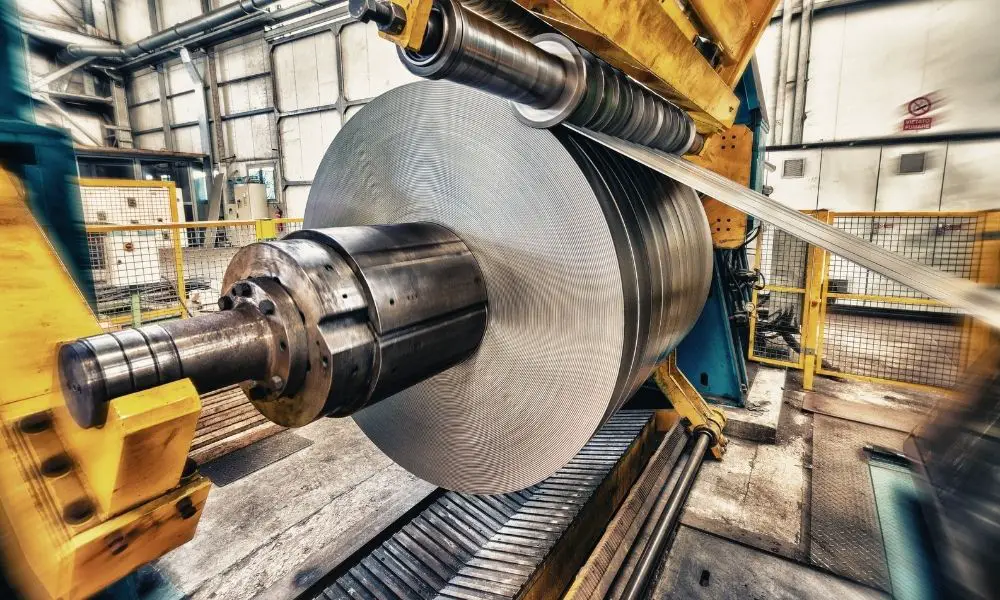

The use of stainless steel has a long and storied history in the manufacturing industry. While there are many common applications for stainless steel, some of the earliest stainless steel applications were in cutlery and other household items. But as industrial processes have become more complex, so too has the demand for stainless steel. Below we have listed some of the benefits of stainless steel in manufacturing, and how this metal has been the solution to the most pressing problems for years.
The benefits of stainless steel in the manufacturing industry are numerous, but the history behind the metal is just as important. Stainless steel was discovered in 1913 by Harry Brearley. While working at an experimental laboratory for the Brown-Firth Research Laboratories, Mr. Brearley believed that there had to be a way to make steel more durable and resistant to corrosion. Upon further investigation, he found that chromium was the element that had that exact effect. As stainless steel was refined, it became the metal of choice for manufacturers in the industry.
Stainless steel’s popularity in the manufacturing industry is primarily due to its beneficial properties. Some of its well-known benefits include the following.
Stainless steel doesn’t rust, which means it requires less maintenance than other metals. It is corrosion resistant and has the ability to resist damage from harsh chemicals.
It can resist damage from everyday wear and tear. Stainless steel is much more durable than other metals—unlike iron or aluminum, stainless metal does not scratch or dent easily.
Compared to similar metals, stainless steel does not leech into the food or drinks stored in it, making it safe for people to handle and use around food products. Additionally, it is easier to clean and sanitize because it is not porous. Manufacturing industries that need to meet strict health codes rely on stainless steel for their metal equipment needs.
With its corrosion-resistant properties, stainless steel is a very durable metal and can last for many years. Because of this, there’s also less need to replace equipment that has been damaged by harsh chemicals or other processes in production facilities. With proper care, stainless steel’s longevity reduces the cost of production and makes it a great investment for manufacturers.
Stainless steel is heat-resistant but can also be bent and shaped. This allows manufacturers to use it to create custom tools and machines for their industry. The malleability of stainless steel is an important benefit when creating custom equipment.
Stainless steel can also replace other types of metals in a wide variety of fields. Its strength and durability mean that it can be used to replace nearly any metal. It is difficult for manufacturers to find a better, more durable solution than this.
Manufacturers are always looking for ways to improve their processes and work with fewer problems, less waste, and cleaner materials. Stainless steel provides these benefits and has historically been a popular choice for manufacturing industries. This metal has been a proven success for decades, and it will continue to be used extensively as more manufacturers realize its benefits. Stainless steel will always be one of the most popular choices because of its cost-effectiveness and durability.
Discover how thoughtful storage design eliminates downtime and boosts efficiency. Enjoy these strategic tips sure…
Your business’s plumbing system is a convenient part of your operations, so having preventative maintenance…
Discover how smart fleet management transforms operations into profit centers through real-time visibility, predictive maintenance,…
Discover smart wine storage solutions for hot summer months without air-conditioning. Keep your bottles safe…
Throwing a wedding is exciting and stressful, as you try to make it exciting for…
Transform your living space into a luxurious retreat with these expert design strategies that introduce…